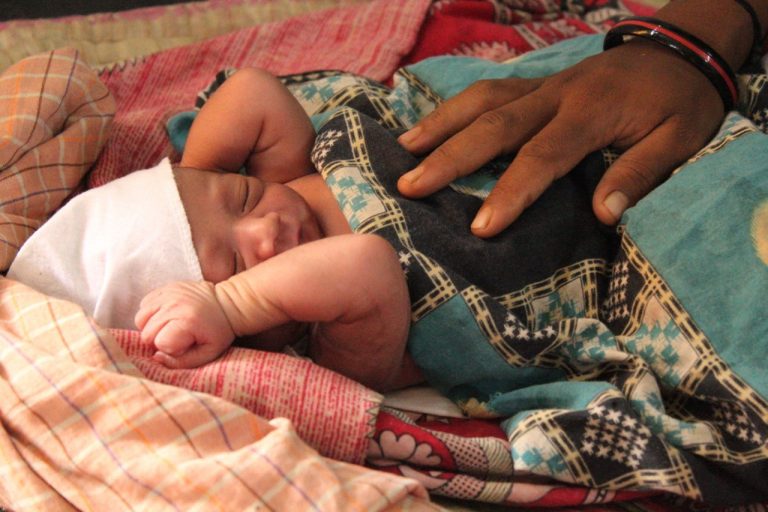By Ravinder Kaur
What is four minutes in the course of a day? Trivial, one would think. But that is the tiny sliver of time it takes for India to lose one child to pneumonia. India has second highest burden of childhood pneumonia in the world with 30 million new cases and around 0.12 million children dying due to pneumonia annually. What is baffling and even more unacceptable is the low priority that is given to pneumonia, the ‘forgotten killer’ of children according to the World Health Organization (WHO). Pneumonia deaths are falling more slowly than other major causes of child mortality. The unprecedented spawning of corona virus across countries and victims succumbing to severe pneumonia every minute in some parts of the world call for renewed attention to the available evidence, which indicates the burden of pneumonia and the status of health systems preparedness to tackle the problem.
In India, we undertook a cross-sectional study of 6,930 households (with 0-5 year children), 101 public health facilities, 153 key stakeholders, 500 frontline health workers (ANMs/ AWW/ASHAs) and mothers (40 FGDs) from September 2018 to June 2019. The study aimed to understand the burden of pneumonia in five high-burden states (Uttar Pradesh, Bihar, Madhya Pradesh, Jharkhand, and Rajasthan) and identify health system enablers and barriers in reducing preventable pneumonia deaths. The findings showed a much higher prevalence of pneumonia (13.4%) compared to the national average (2.7% from NFHS-4). Moreover pneumonia prevalence in the five states ranged between 8.4% and 18.4%. High-prevalence was observed in 3-8 months old infants (16.7%), underweight children (19.4%), children having an illiterate father (14.7%) and children in more conservative communities (15.5%).
The study explored the status of infrastructure, equipment, human resources and supplies among other things, to reflect the level of health system preparedness. Medical teaching hospitals were found to be adequately prepared to handle severe pneumonia cases, but the situation was grim at lower level of healthcare facilities, especially at the sub-district and lower levels. Key findings at different levels of care highlighted lack of skills among healthcare providers, inadequate infrastructure facilities, lack of essential supplies and equipment (oxygen, pulse oximeters, antibiotics) and poor data management and reporting. Facility disaggregated data showed that 70% of district hospitals had adequate infrastructure, special care units, human resources, equipment (oxygen supply and pulse oximeter) and supplies, while training remained an issue. Sub-district health facilities like community health centers had adequate equipment and supplies, however more than half of them did not have adequate infrastructure and human resources. Despite having appropriate infrastructure and adequate supplies, acute human resource crunch was the cause of non-functionality of primary health centers. Trained staff and reporting remained an area of concern across all health facilities. Another interesting finding: 80% of care was sought from private facilities.
The study brings out the fissures existing in the system, which impede a concerted response to childhood pneumonia. The recommendations of the study hold great significance in face of the COVID-19 pandemic. It calls for immediate efforts to strengthen the existing health systems by building human resources capacity, strengthening facility-based newborn and pediatric care as per national guidelines, uninterrupted medicine supply and diagnostic services, strengthening referral mechanisms and lastly, using data for informed decision making. Another key insight of the study is that taking along the private sector as a credible partner can bring much-needed synergies in our fight against childhood pneumonia.
Read the report and supporting materials here.
_______________________________________________________________________________________________________________
The author would like to acknowledge Dr. Rajesh Khanna, Dr. Vinod Kumar Anand, and Dr. Shahab Ali Siddiqui for carrying out the research and contributing to this blog.

